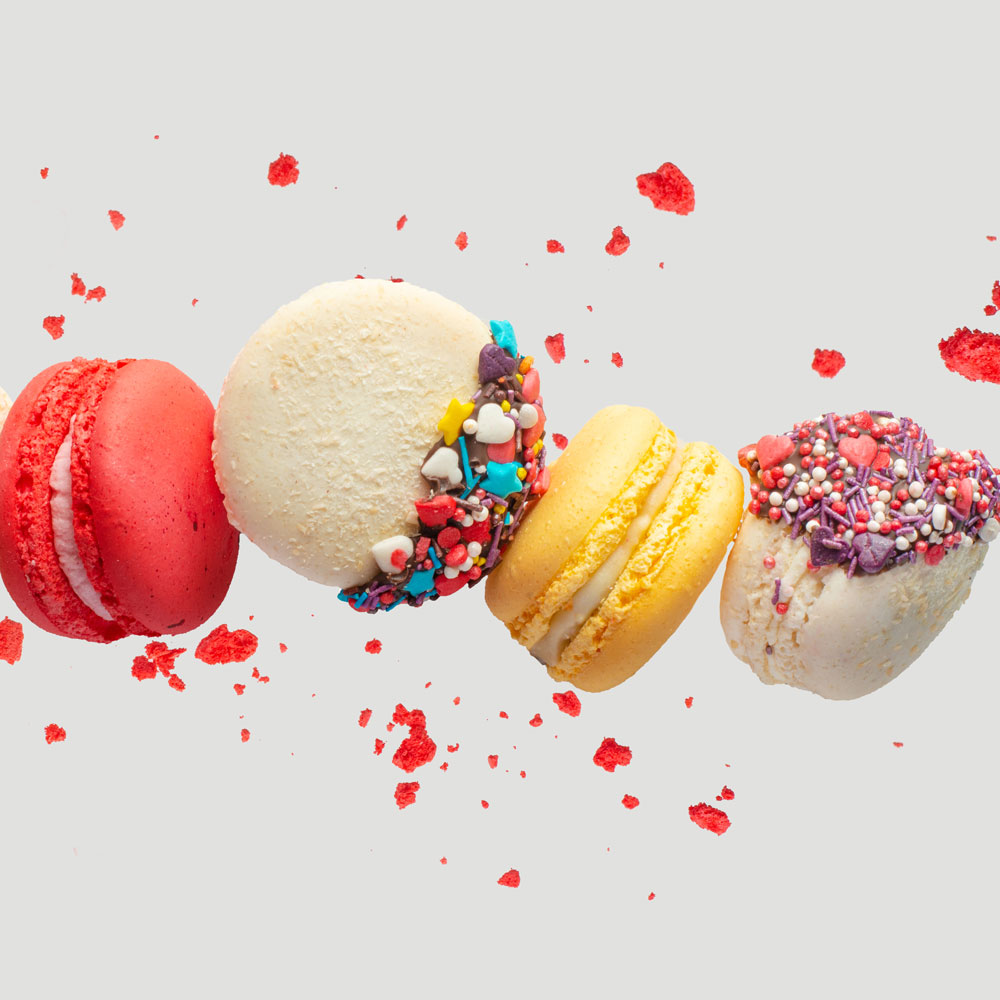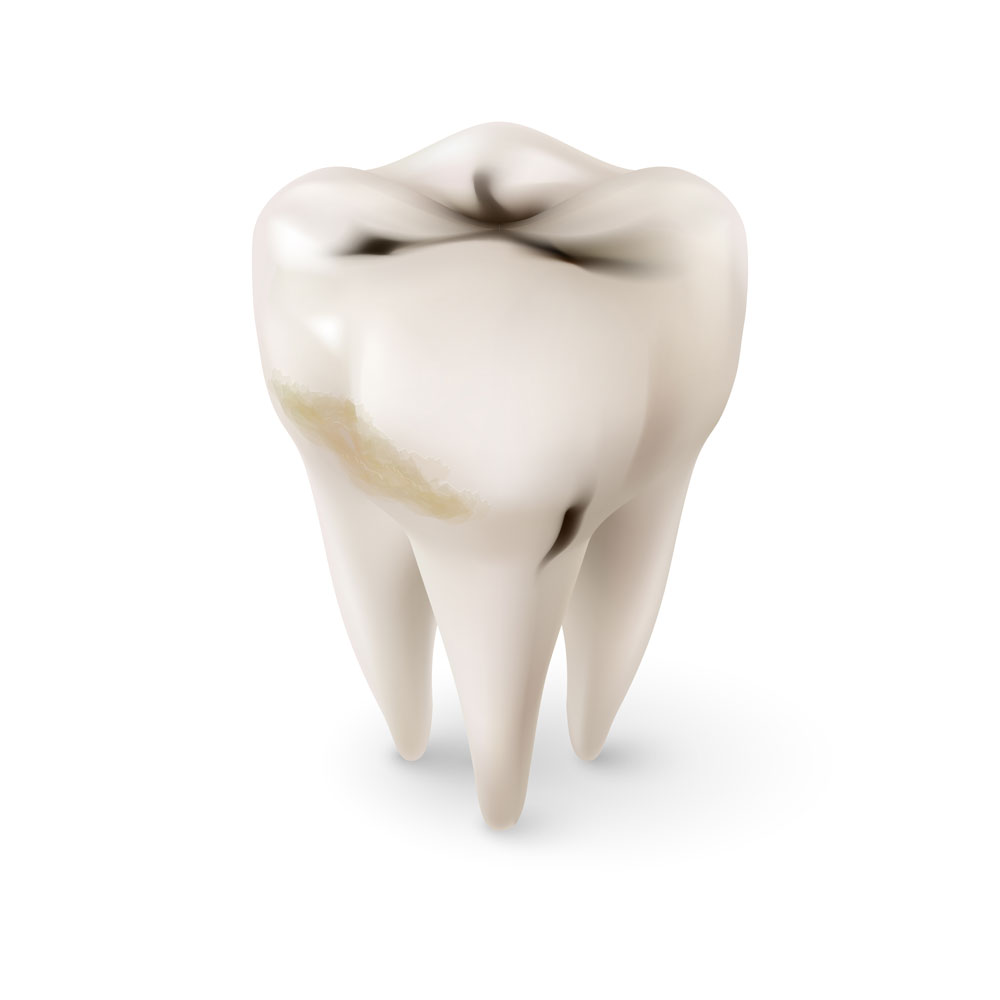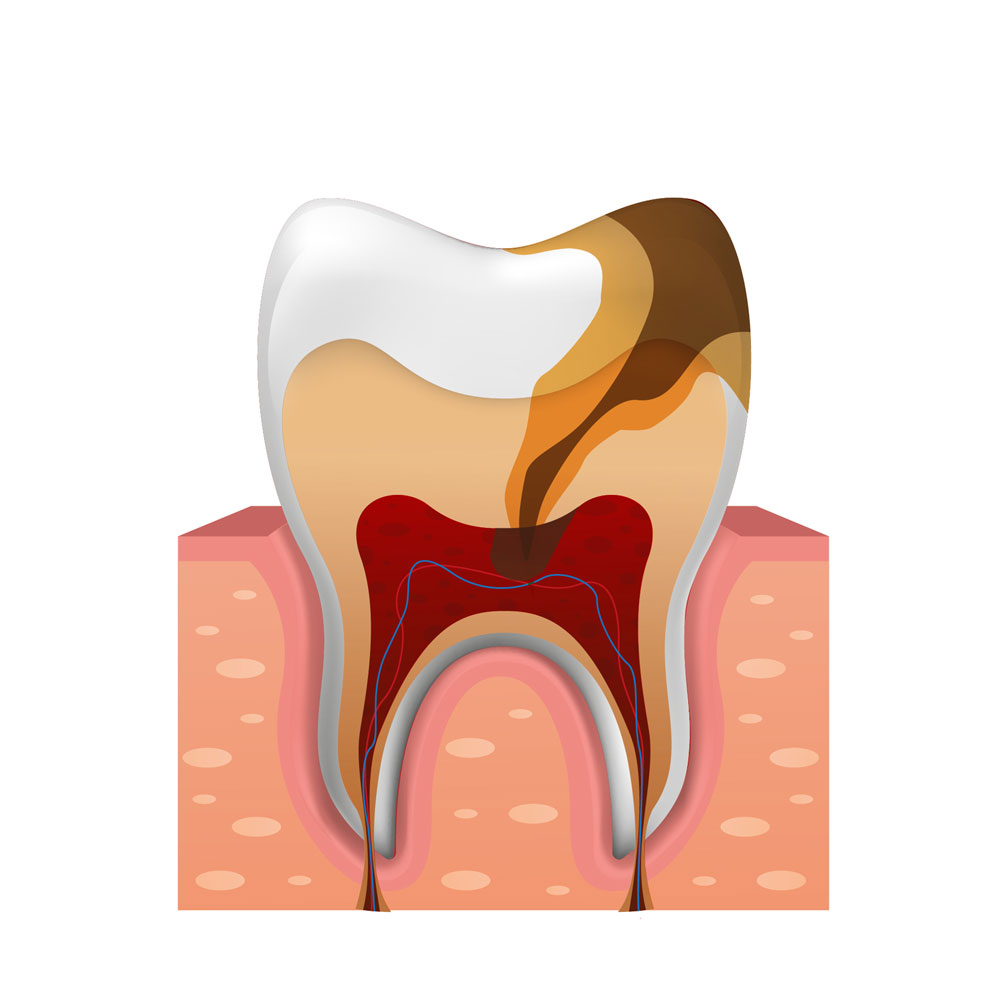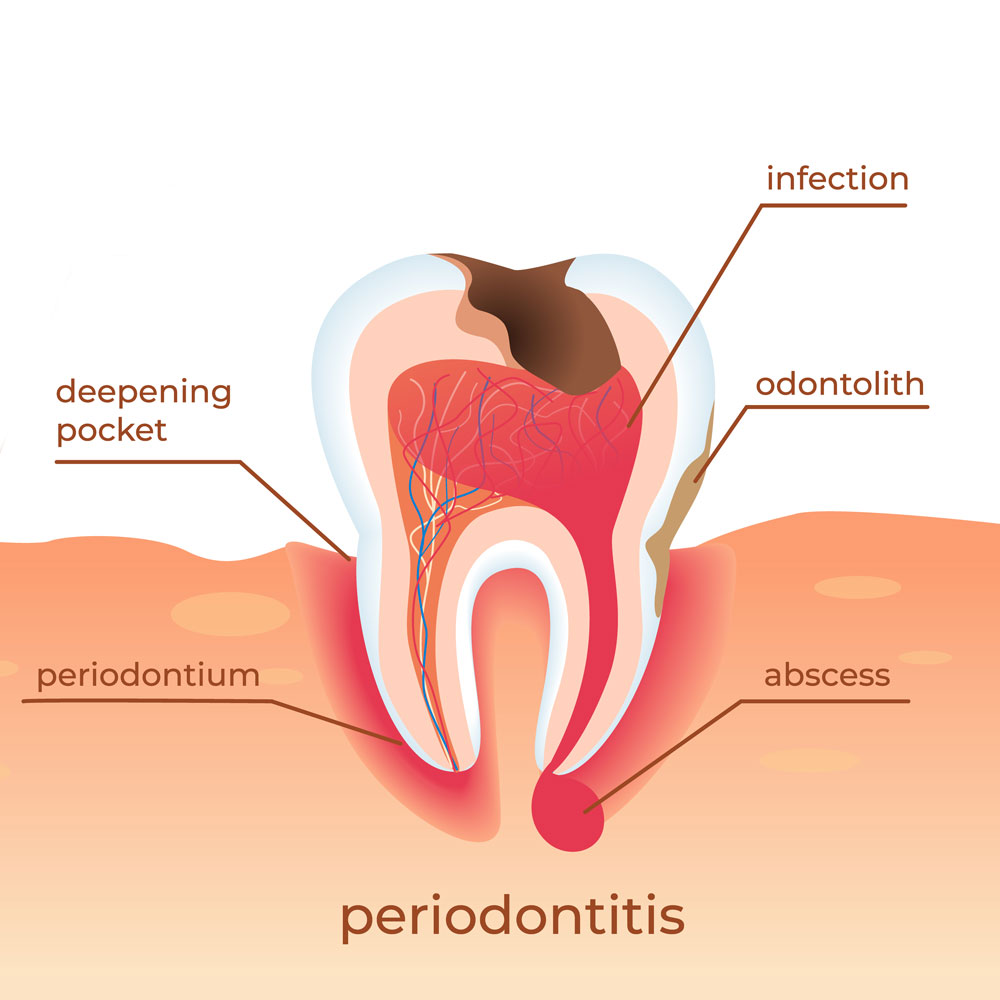
Emergency dental treatment of tooth infection
Tooth infections can be surprisingly painful and make it difficult for you to concentrate on anything else. They are notorious and start insidiously, wreaking havoc on your overall wellbeing. Don’t delay booking an emergency dental appointment with us if you’re suffering a tooth infection.

What causes tooth infection?
Tooth infections can be mostly attributed to bacteria. Our mouth hosts millions of bacteria, which in certain conditions can cause dental diseases. Bacteria found in the mouth use our teeth’s crooks and crevices as hiding places. The main culprit of tooth infection is plaque. Plaque houses these diseases causing bacteria, and due to improper brushing and flossing, this plaque keeps accumulating with time. These bacteria can utilise the sugars from the foods and liquids we consume and release bacterial toxins responsible for the majority of dental infections.
Teeth infections can lead to caries that first destroy the outermost protective layer of the tooth, the enamel. If not treated at this point, the infection continues to spread and involve dentine, the second layer.

Once the tooth’s core, that is, the dental pulp, is involved, it will lead to intense pain and discomfort. The infection can even progress further and cause an abscess at the root tip. A tooth infection can also result from gum diseases like gingivitis and periodontitis.
If your tooth becomes infected and is not treated, the infection can spread to the rest of your body, generating a complex systemic infectious response compromising the sanctity of your internal organs and overall well being.

Symptoms of tooth infection
- The first response of the body to infection is inflammation. One of the first signs of inflammation is pain. This is also applicable to tooth infections. If you are suffering from a tooth infection, you will have a toothache. The toothache can be intermittent or continuous, depending upon the extent and severity of the infection.
- The pain may increase when you lie and even radiate to the jaws, in front of the ear and the neck, typically on the side of the infected tooth.
- Infection is also often accompanied by fever.
- Sensitivity to pressure in the mouth, making chewing and talking painful.
- Swelling of the gums near the infected tooth.
- Facial swelling.
- Tender and swollen lymph nodes of the neck.
- Bad breath.
- Foul, salty taste sensation in the mouth.
Types of tooth infection

DENTAL CARIES
Dental caries is caused by a microorganism that releases acidic substances on the tooth surface by metabolising sugars in the foods we eat. The acid attacks the enamel and dentine of the tooth, destroying their integrity and creating cavities or holes. Initially, dental caries can be asymptomatic but can lead to pain and sensitivity as the infection progresses and approaches the pulp.
Treatment
Our dentists treat dental caries within enamel and dentin by removing the infected tooth tissue with a dental drill. The lost tooth structure is then replaced using dental cement or tooth-coloured composite resins.

PULPITIS
As the name suggests, pulpitis is the inflammation of the dental pulp. The dental pulp is the teeth’ living tissue that consists of blood vessels and nerves supplying the tooth. Pulpitis can occur when caries reaches the pulp, and bacterial toxins encroach upon it, or when the pathogen travels from the root can infect the dental pulp. In initial cases, pulpitis can be reversible. However, in cases of throbbing pain and severe infection; the pulp can be damaged irreversibly, requiring invasive dental treatment.
Treatment
In cases of reversible pulpitis, our dentist will place a calcium hydroxide dressing for some time which allows the dental pulp to heal. On a later date, the condition of the pulp is analysed, and a permanent dental filling is given. In cases of irreversible pulpitis and dental abscess, root canal treatment is done.

PERIODONTAL DISEASES
The bacteria which lead to gum diseases like gingivitis and periodontitis can also cause tooth infections, resulting in dental decay, bone loss, and pus formation. It can progress to cause facial swelling, tender and swollen lymph nodes.
Treatment
In cases where the infection is due to periodontal diseases. A thorough deep cleaning is done with the management of the tooth.

DENTAL ABSCESS
In some cases of tooth infection, a pocket of pus can form at the root tip or at the gums of the infected tooth.
Treatment
The dentist will drain the abscess carefully and clean the area. In some cases, a root canal treatment may be the only option.

PERICORONITIS
Pericoronitis is an acute, localised infection caused by microorganisms and food debris trapped beneath the gum or a partially erupted tooth or wisdom tooth. It can lead to localised swelling, pain, difficulty opening the mouth and may also involve the lymph nodes of the neck.
Treatment
The infected gum flap is surgically removed. In cases of impacted wisdom tooth, our dentist may also suggest you undergo removal of your impacted wisdom tooth.
Pain management in tooth infection
Our dentist may prescribe certain antibiotics to clear the infection depending upon the source. They may also add antiseptic mouthwashes to aid in the resolution of infection and resolve the symptoms.
Other than this, they may also prescribe prescription-strength painkillers for a few days until permanent treatment is done.
If you are unable to schedule an appointment with us right away and are in pain due to tooth infection, you can take an over-the-counter painkiller to help with the pain. Warm saltwater gargles may also help with the pain. Application of ice in cases of swelling can help resolve the swelling to some extent and provide temporary relief till you can visit our clinic for a permanent solution.
